Home Remedies for Pneumonia

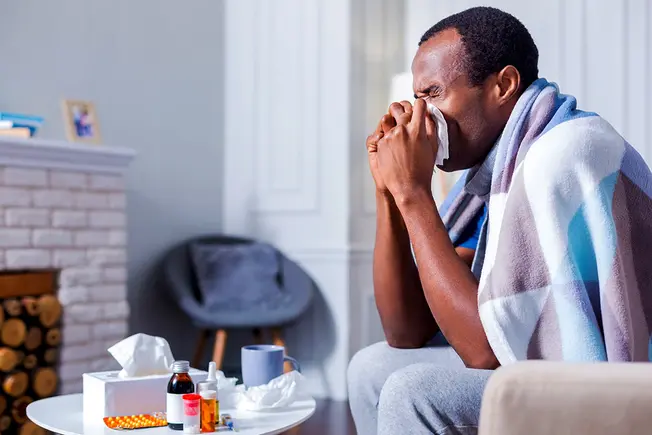
Relief for Your Symptoms
Pneumonia won’t go away overnight. You might need anywhere from a week to a month to get better. Depending on the kind of pneumonia you have, your doctor may prescribe a drug that fights bacteria or a drug that fights viruses to help you get better. While you’re waiting for that to work, there are a bunch of ways you can ease the coughing, aches, and fever.

Water, Tea, and Soup
Even when you’re healthy, you need lots of fluids to stay hydrated. But they’re extra important when you have pneumonia, because they help loosen the mucus in your lungs. That way, you can get rid of it when you cough. Your best options include water, warm tea, and broth-based soups, like chicken soup. Stay away from caffeine and alcohol, though. They can dehydrate you.

Ask About Cough Medicine
You may be tempted to guzzle cough syrup. But keep in mind that coughing is your body’s way of trying to clear the mucus out of your lungs, and you need that to happen. So ask your doctor if you should take any cough medicine. If the hacking keeps you from getting enough rest, you may be able to take the smallest dose that lets you fall sleep. Or try a warm mixture of honey and lemon instead.
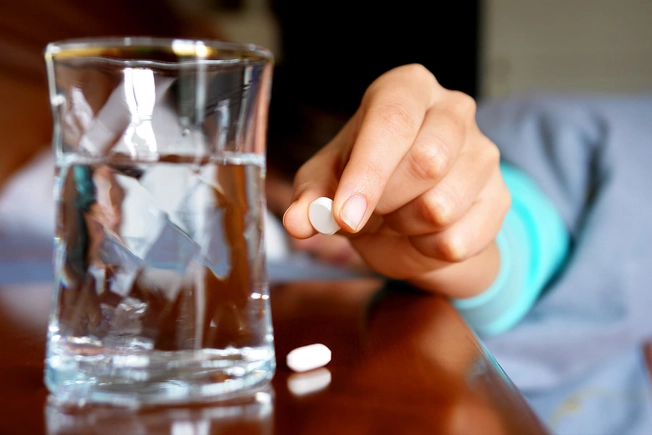
Take Something for the Aches
If aches or fever are wearing you down, a pain reliever might help, like ibuprofen or acetaminophen. Be sure you follow the instructions on the label for how much to take and how often. Speaking of taking medicine: If your doctor gives you an antibiotic, take every dose of it, even if you start to feel good again before you use it up. When you quit too soon, the pneumonia could come back.
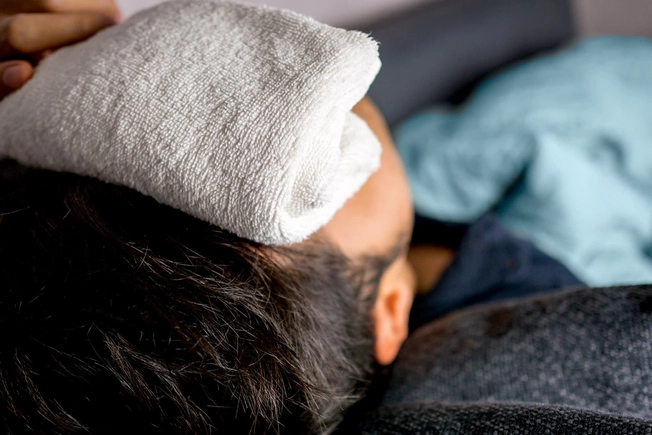
Use a Warm Compress
It might make you feel more comfortable while you’re waiting for medicine to bring down your fever. Wet a cloth with lukewarm water and place it on your forehead or neck for 20-30 minutes. It’s a soothing way to cool your body down from the outside.
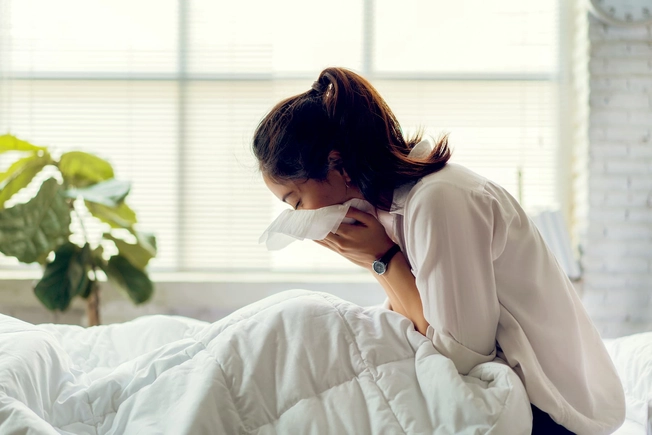
Cough the Right Way
When you’re coughing a lot, you might as well do it the way that helps the most. Sit in a chair and lean forward a little. While you press an arm against your belly, cough sharply a couple of times into a tissue. Take a moment to relax. Then do it again. If coughing hurts, it may help to press a pillow against your belly while you do it.
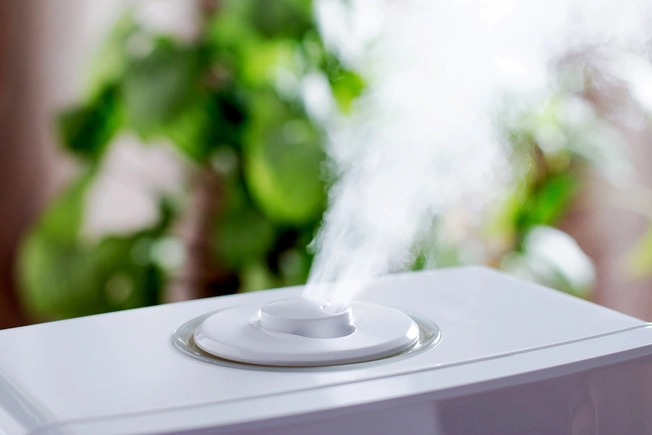
Soothing Steam
Moisture in the air you inhale helps loosen the mucus in your lungs. Take warm baths or showers, so you can breathe in the steam. Since you can’t stay in the bathroom all the time, you could also set up a humidifier in your house to give the air more moisture. Be sure to follow the instructions for the right level of humidity. And keep the machine clean to prevent bacteria and mold from growing.
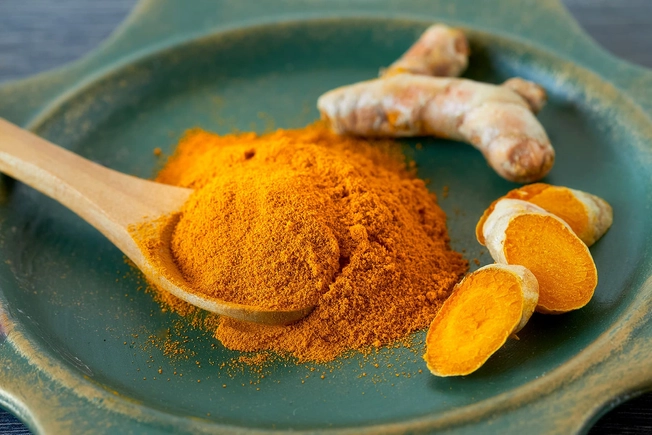
Try Turmeric
In South Asia, this golden spice has been used for centuries to treat breathing problems, pain, and fatigue. Researchers have found that it might fight infections and make pneumonia irritate your lungs less. If you want to see if it helps you, try getting it in food, supplements, or a cup of turmeric tea. But be careful -- taking too much can upset your stomach. And check with your doctor to make sure it won’t affect medicines you take.

Really Rest
This is your chance to sleep until noon or turn into a couch potato. Your body needs rest to help it fight back against the pneumonia. So you have to take it easy. Let somebody else handle your chores or errands. When you start to feel a little better, don’t overdo it. Play it safe, so that you don’t give the infection a chance to come back.

Stay Away From Smoke
Cigarette smoke can make your symptoms worse. So stay away from others who light up. And if you smoke, this is the time to quit. Smoking makes you more likely to get pneumonia or other lung problems in the future. Another tip: Even though a warm fireplace might feel cozy, you should avoid it and any other areas where the air might not be clean.
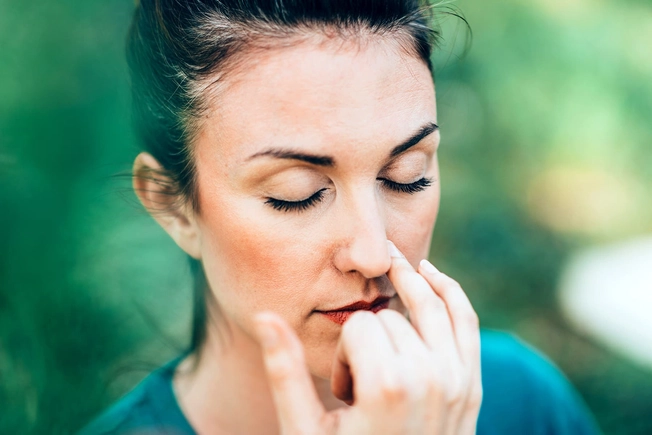
Exercises for Your Lungs
Breathing exercises can give your lungs a boost as you get over pneumonia. Take five to 10 deep breaths, then cough forcefully two or three times. That should push some mucus out of your lungs. Or just take slow, deep breaths. Another exercise to try: Blow through a straw into a cup of water.
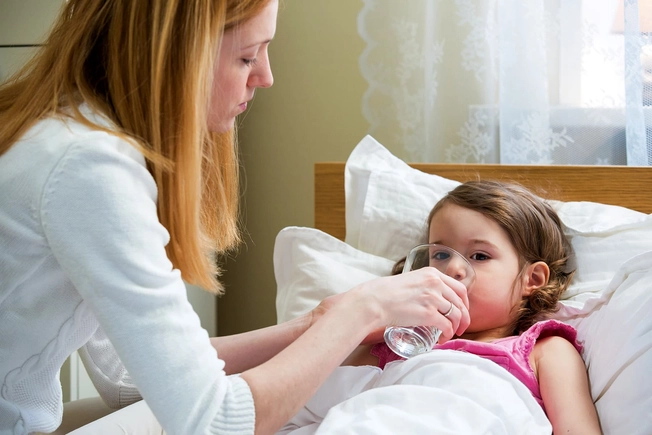
Kids and Pneumonia
If your child has pneumonia, they may not want to eat much. As long as they drink plenty of fluids, that’s OK. If they have aches or fever, give them ibuprofen or acetaminophen. Don’t ever give aspirin to a child -- it can cause a serious illness called Reye’s syndrome. And don’t give them ibuprofen if they are dehydrated or they are younger than 6 months old without talking to the doctor first..
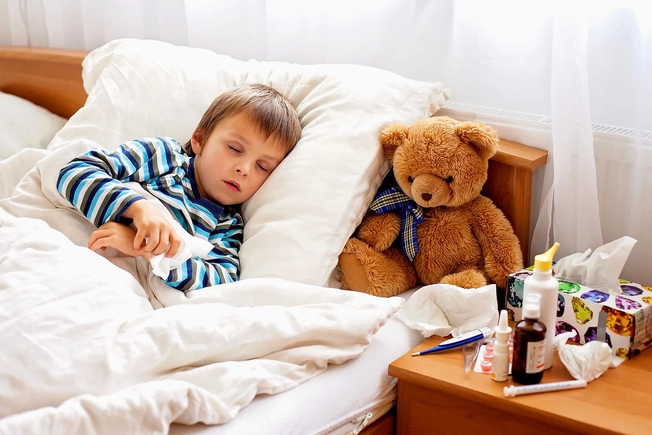
When Your Child Coughs
Ask your child’s doctor before you give them cough medicine. In fact, if they are younger than 6 years old, ask before you try any over-the-counter remedies. A humidifier next to their bed may help. If they have a hard time sleeping, prop up their head and chest so they’re higher than the rest of their body. And don’t let anyone smoke in your house -- that could make their cough worse.

Don’t Be Too Eager
Make sure you’re completely well before you try to jump back into your regular routine. Stay away from school or work until your temperature is back to normal and you’ve quit coughing up mucus. If you’re not sure whether you’re back in shape, check with your doctor.